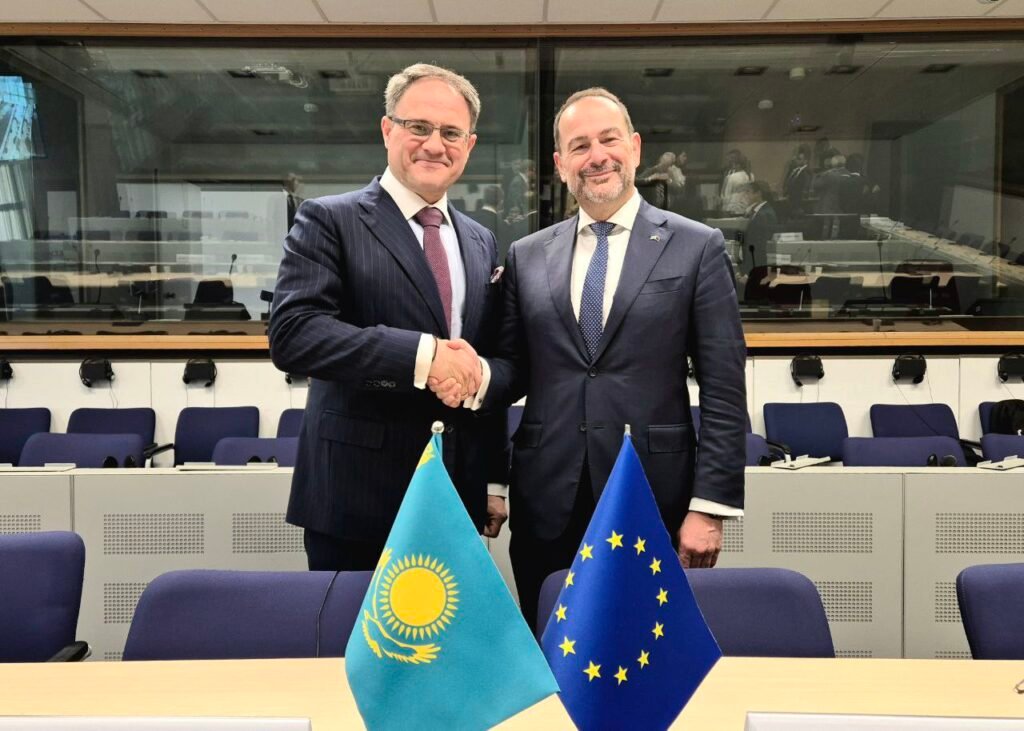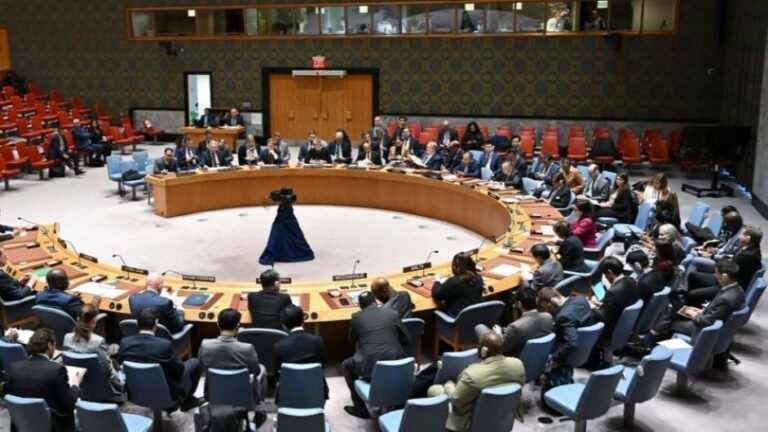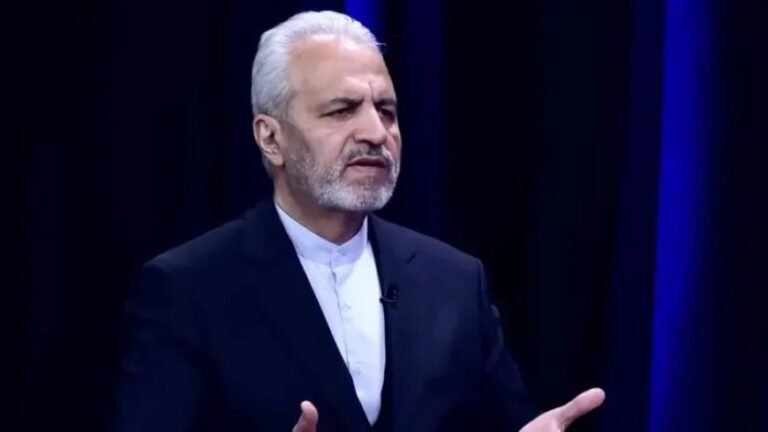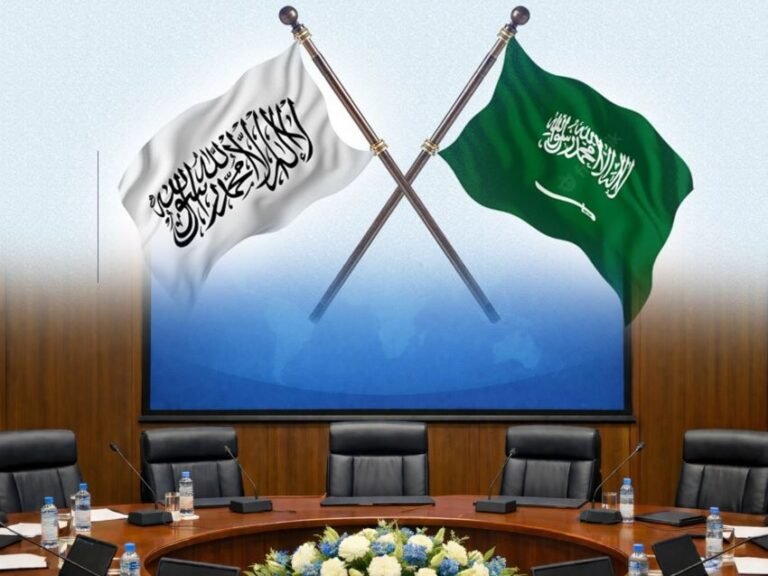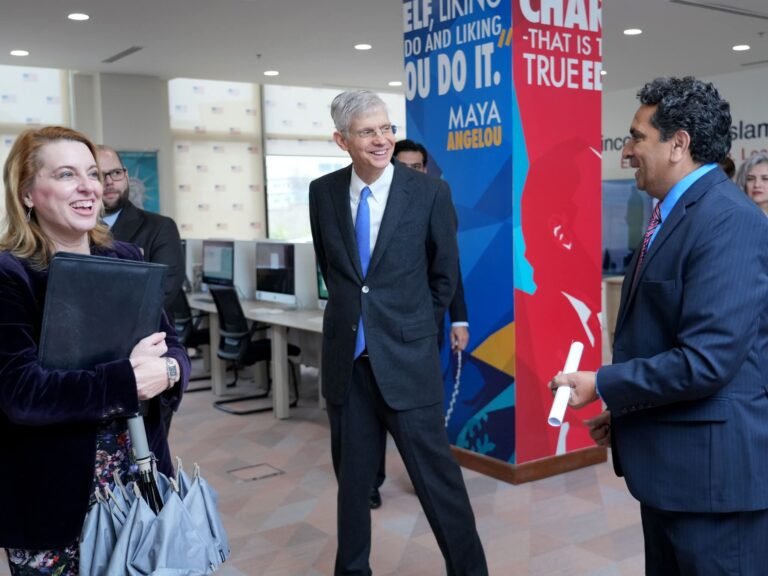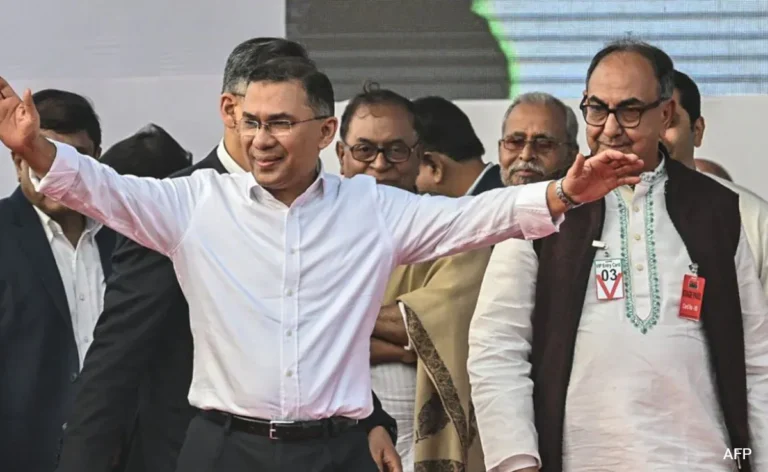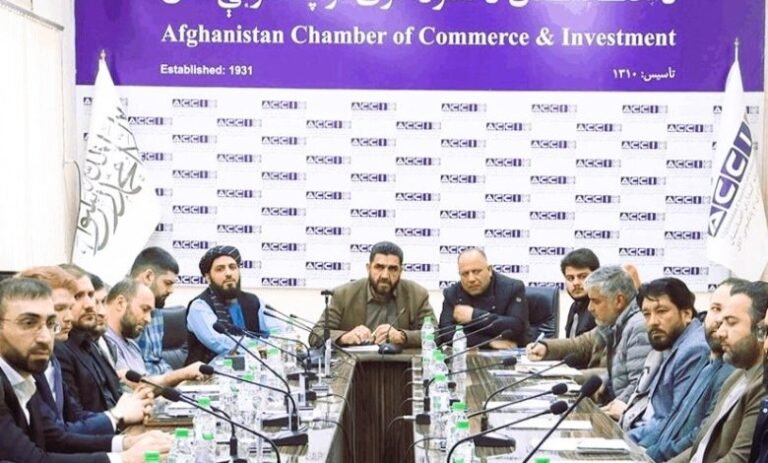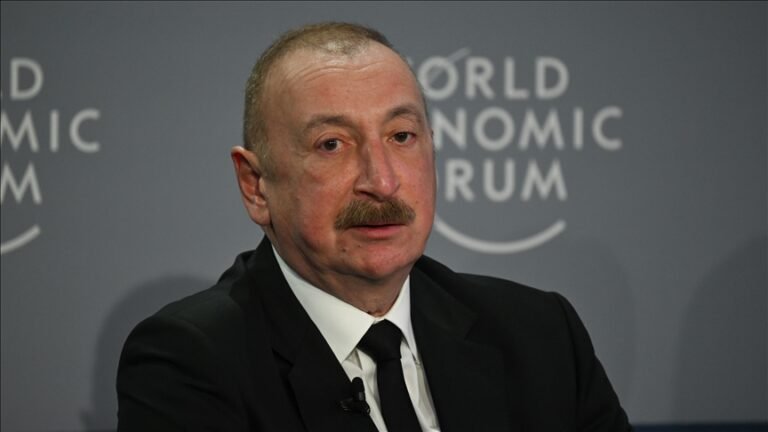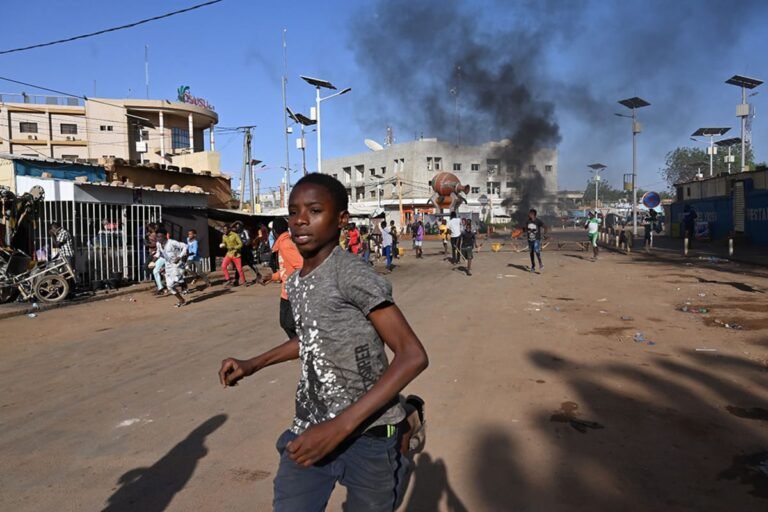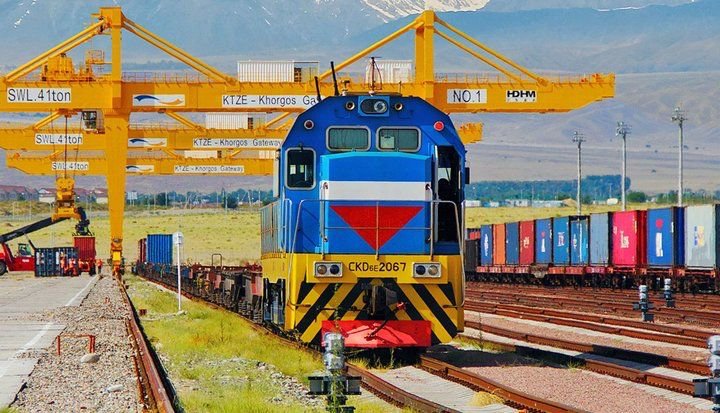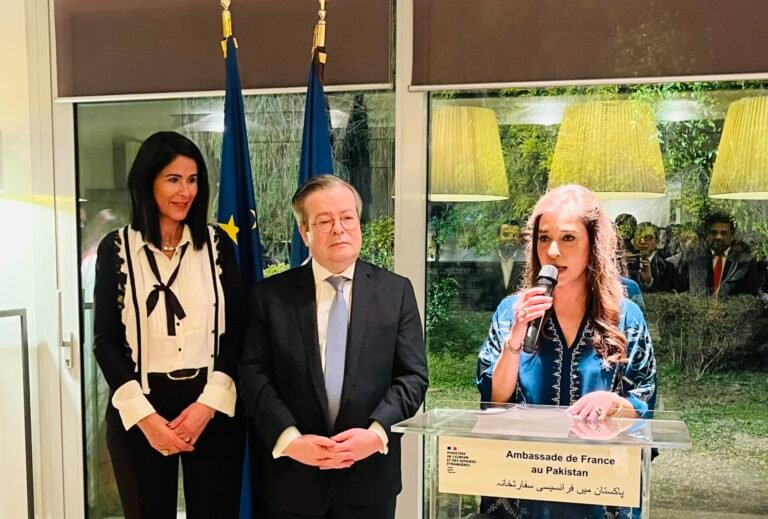Brussels, 7 June 2024 (TDI): Deputy Foreign Minister of Kazakhstan, Roman Vasilenko, attended the 21st meeting of the Kazakhstan-EU Cooperation Committee.
Luc Devigne, Deputy Managing Director of the European External Action Service for Russia, Eastern Partnership, Central Asia, and the OSCE, co-chaired the Committee representing the European side.
The event saw the participation of representatives from Kazakhstani ministries and departments, along with delegates from various directorates general of the European Commission.
During the meeting, discussions focused on the Agreement on Extended Partnership and Cooperation between Kazakhstan and the EU and its member states, as well as the initiatives of Kazakhstan’s President K. Tokayev.
A detailed review of the implementation of agreements reached during President Tokayev’s visit to Brussels on November 25-26, 2021, was conducted.
The agenda included political and trade-economic cooperation, the rule of law and human rights, transport, energy, education, science, environmental protection, and cooperation on climate change.
In the context of political cooperation, both parties acknowledged the positive dynamics of high-level visits and engagements.
Moreover, the deputy minister emphasized that Kazakhstan places great importance on the rule of law and human rights issues, which are key priority areas in the cooperation between Kazakhstan and the EU.
In this context, he provided his European colleagues with detailed information about the large-scale political reforms implemented by President K. Tokayev to create “Adil Kazakhstan”.

The European side expressed its support for the direction of the country’s political modernization led by Kazakhstan’s leadership and declared its intention to continue providing support in this regard.
In this context, European colleagues welcomed the adoption of the Law “On Mass Media,” aimed at further developing and strengthening the mass media sector in the Republic of Kazakhstan.
The significance of enhancing inter-parliamentary cooperation in human rights dialogue was underscored.
Additionally, the Kazakh side expressed interest in participating in various training sessions and seminars for law enforcement agencies.
The meeting placed special emphasis on the matter of simplifying the EU visa regime for citizens of Kazakhstan.
Highlighting Kazakhstan’s unilateral actions to introduce a visa-free regime for citizens of EU member states, along with the observation that Kazakh visitors to EU countries adhere to visa regulations and local laws.
Furthermore, the deputy head of the Ministry of Foreign Affairs of Kazakhstan expressed the society’s anticipation for measures to ease visa acquisition. He expressed hope for a swift resolution of this matter.
Vasilenko emphasized that the European Union stands as the primary trade and investment partner of the Republic of Kazakhstan.
About 30 percent of Kazakhstan’s foreign trade and total foreign investments are attributed to the EU. Despite geopolitical challenges, he highlighted the positive dynamics in the economic and trade-investment sphere.
He underscored the necessity of diversifying trade routes by expanding the export of Kazakhstani products, particularly agricultural goods, to EU countries.
The European side reiterated that the sanctions were not aimed at Kazakhstan, emphasizing its commitment to supporting unhindered access for Kazakh products to the European market.
The Kazakh side stressed the significance of revitalizing cooperation in green energy, particularly highlighting the Road Map for 2023-2024.
Furthermore, emphasis was placed on advancing the implementation of the Memorandum on strategic cooperation in sustainable value creation of raw materials, batteries, and green hydrogen between the Republic of Kazakhstan and the EU.
This memorandum, signed in November 2022 within the framework of the “European Green Deal” program, remains a focal point for implementation efforts.
During transport discussions, the European side urged the EU’s financial institutions to invest in Kazakhstan’s transit and transport sector, including projects like the “Central Trans-Caspian Transport Network” and the “Middle Corridor” in South Kazakhstan.
Cooperation between Kazakhstan and the EU within the EU’s Central Asia strategy and the “Global Gateway” strategy was a key focus of the meeting.
Both parties positively evaluated cooperation in the “Central Asia-EU” format, discussing the effective implementation of the “Joint Roadmap for deepening relations between Central Asia and the EU.”
Also Read: Kazakhstan-Turkmenistan Foreign Ministers hold bilateral talks
Regional security, sustainable development, environmental protection, and civil society development were highlighted as key focal points.
Tags: #Kazakhstan #EU
Twitter:@MFA_KZ

